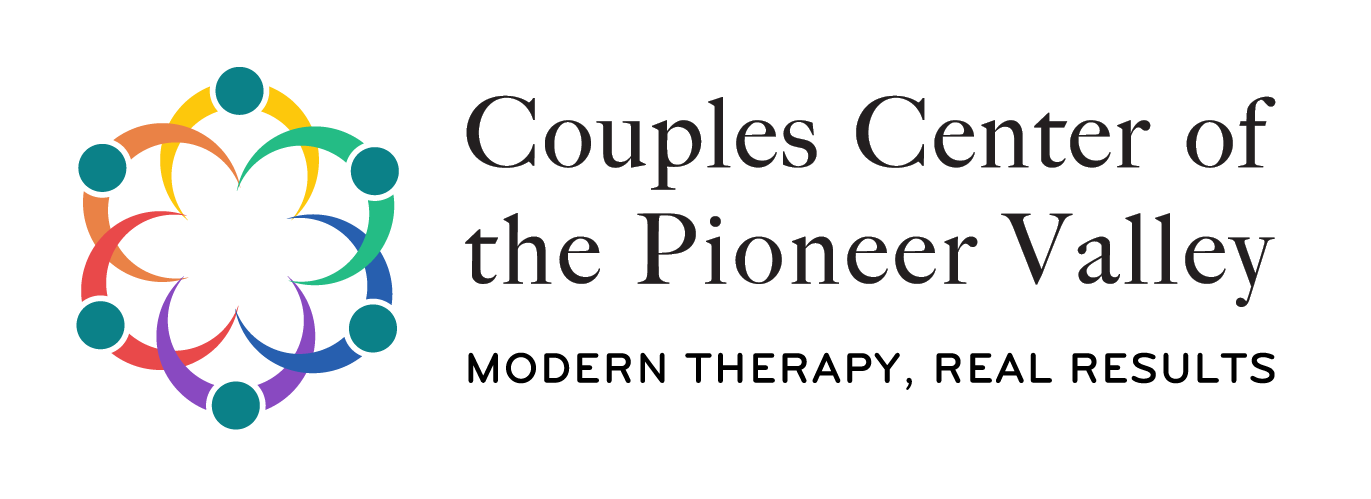Trauma Intensives with
Chris Buhl, LICSW
Past, unprocessed trauma is the leading cause of many, many of the problems and symptoms we come to therapy for. The standard understanding of therapy tends to be through the lens of a PTSD diagnosis, with flashbacks, blackouts, vivid night terrors and the like. Certainly that can happen. However, the most common diagnosis for people who survive trauma is not PTSD. It is an anxiety disorder of some sort. The second most common is a depressive disorder. Sadly, what trauma is and how it affects us is usually misunderstood.
So, what is trauma? According to the Substance Abuse and Mental Health Services Administration (SAMSHA), Trauma is an emotional or physical response to one or more physically harmful or life threatening events or circumstances with lasting adverse effects on your mental and physical well-being. One of my trainers in providing trauma informed care, Dr. Ricky Greenwald, once said “(Trauma is) anything that remains unprocessed.” I like that one better. (Dr. Greenwald is the founder of the Trauma and Child Trauma Institute
How does past trauma impact us in the present?
Traumatic incidents live inside our nervous system and create changes, even havoc, as long as they’re living there. You might say you can separate trauma responses into two very broad categories: withdrawal or aggression. For anyone under any circumstances, both of those responses are often driven by fear and shame. Those are two of the primary emotions that trauma survivors experience during the event(s), and long afterwards.
If we tend to withdraw in the face of trauma responses, that creates distance from other people, especially those close to us. If we tend to be aggressive (this usually means verbally, but can get physical), this pushes people away. In either case, we end up walled off, isolated, distant and alone. Couples where one or both partners have unprocessed trauma can become highly avoidant and distant, or highly conflictual and ‘mad all the time.’ Both of those results are highly corrosive, and often maddening because they don’t seem to make sense. In short, if you’re fighting all the time or never talking to each other, it could be trauma getting in your way.
Trauma also has a habit of stealing sleep from us, and our mental health and overall vitality is very deeply tied to effective sleep. Physical problems, especially things like gut distress and including back pain, frequent illness, difficulty fighting off infection, can all be influenced. In truth, there are very few aspects of ourselves that are immune to suffering due to past trauma.
So we’ve seen some of how trauma impacts us and our relationships, even our physical health. You may have struggled to resolve these problems for years, and experienced disappointment and hopelessness. Many clients who come to me with a trauma history have been in therapy, and good therapy, for many years. They’ll say “I’ve come to terms with what happened,” or “I’ve dealt with that the best I can.” If any of this applies to you, please believe that there is hope.
The most important thing I can say about treating trauma is that it needs to be cleared, to be processed, in pretty explicit ways. Do you recall me saying that trauma lives inside our nervous systems? It ‘lives’ in a part of us that we can’t access by traditional talk therapy. So even after years of therapy, the struggles and symptoms will remain. That is why it is vital to engage in specific types of therapy that are designed to clear trauma out, not simply understand it. Once that clearing has been accomplished, the changes you’ll experience are vast, deep, and connected to many areas of your life. It will even help with things that you didn’t believe were impacted by your trauma.
In my career treating past trauma, I’ve not yet had a case where it didn’t help the client a great deal. In some cases, it led to them not needing therapy at all anymore. The most effective way to clear trauma is in an intensive format. That gives us the opportunity to get down to work, clear all of the trauma in one compressed amount of time, and get you back out into a brighter, happier life quickly.



